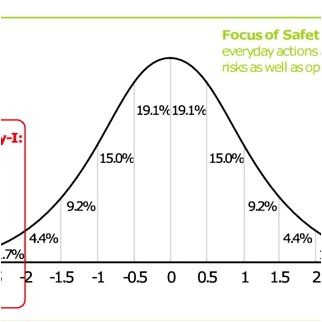Background
FHWA and it is Condition and native agency partners have trusted analysis, modeling, and simulation (AMS) to aid investment decisions for that transportation system. Because the transportation system atmosphere grows in complexity, growing pressure is positioned on agencies to recognize more innovative and efficient methods to an array of issues. These solutions include leveraging emerging technologies, data sources, and alternative (non-traditional) strategies. AMS tools continuously play a vital role in evaluating these solutions. Actually, the Fixing America’s Surface Transportation (FAST) Act dictates utilizing AMS tools “;to the maximum and many economically achievable extent practicable” to evaluate highway and public transit projects.As transportation solutions be sophisticated and sophisticated, corresponding AMS tools will have to evolve AMS tools must have the ability to effectively and fully evaluate the advantages of suggested solutions.
Continue reading “Analysis Modeling and Simulation Overview FHWA”


